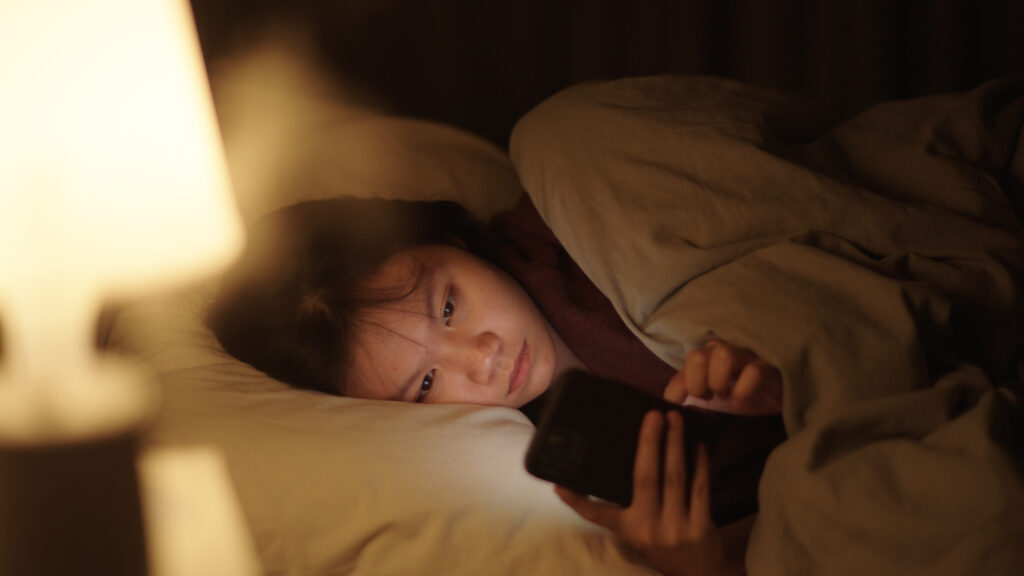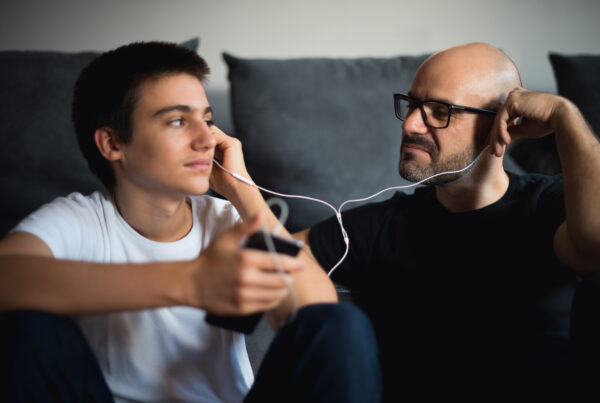
Smartphones are integral to the daily lives of adolescents. While they can be very helpful, they also pose significant dangers. The introduction of smartphones has created immense pressure on parents to buy them for their teens, to ensure they do not feel left out.
As parents, we can make a difference by encouraging our teenagers to use their smartphones responsibly. We can collaborate with other parents to address the difficulties adolescents face due to excessive and, at times, uncontrollable smartphone use.
Pros of Smartphone Use
Having a smartphone facilitates communication with parents and adults. They provide reassurance in emergencies and help in locating our children if an unsafe situation arises.
Adolescents have easy access to educational resources recommended by schools, which can complement school tasks and enhance the learning experience. Smartphones also facilitate team communication and collaboration.
Cons of Smartphone Use
Uncontrolled smartphone use can lead to psychological dependence and hinder the development of adequate social interactions. It limits face-to-face interactions and interferes with the development of empathy. It can also cause muscle strain in the wrists and neck, and affect vision.
Anne Mangen, a professor at Stavanger University in Norway, has researched the effectiveness of reading and learning from books compared to laptops. Psychological addiction is higher in the adolescent brain, as Dr Frances Jensen writes in her book “The Teenage Brain,” due to the adolescent brain not being fully formed.
Psychological addiction is higher in the adolescent brain due to the fact that the adolescent brain is not fully formed yet Teenagers are not as resilient as we thought. They are not able to bounce back from stress as quickly as adults because their brain is still developing
Dr. Frances Jensen
Teenagers tend to use their smartphones nearly constantly, affecting their ability to focus on studies, which impacts cognitive abilities like short-term memory and attention, thereby affecting academic performance.
Adolescents often use smartphones in bed at night. The blue light emitted by the screen can affect sleep patterns, preventing the body and mind from recovering overnight, leading to tiredness, headaches, and mood changes the next day.
Tips for Parents
Positive parenting can encourage responsible smartphone use and promote healthy habits through open communication and active listening, while setting safety boundaries to mitigate the risks of smartphone usage.
We must not forget the existence of negative and harmful content on the web. Some websites and social media platforms can lead teens to develop self-harm behaviours. Schools are aware of this and have policies in place to prevent it and offer support to students.
Avoid confrontation regarding smartphone use. Instead, advocate for responsible use and establish basic conduct rules, such as no phones at the family table or late at night in the bedroom. Praise your adolescents when they cooperate with the agreed rules and boundaries.
Discuss smartphones and technology often—short conversations unless the adolescent wants to extend the discussion. Avoid imposing the smartphone talk on them. Start with general questions to engage them in conversation. Once they start talking, listen attentively and gradually introduce more specific questions.
Utilise parental control apps and WiFi controls, and encourage technology use in communal areas of the house rather than alone. Allow them to use smartphones for educational purposes. Familiarise yourself with sites commonly visited by teenagers and talk openly about their pros and cons. Engage in open conversations, emphasising active listening. Make them feel comfortable speaking to you and demonstrate responsible smartphone use by being a role model.
If your adolescents do not follow the agreed boundaries, discuss logical and expected consequences. Explain the consequences to them and ensure they understand the reason behind them.





